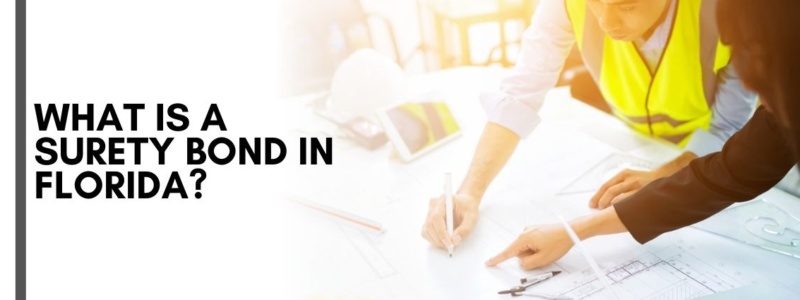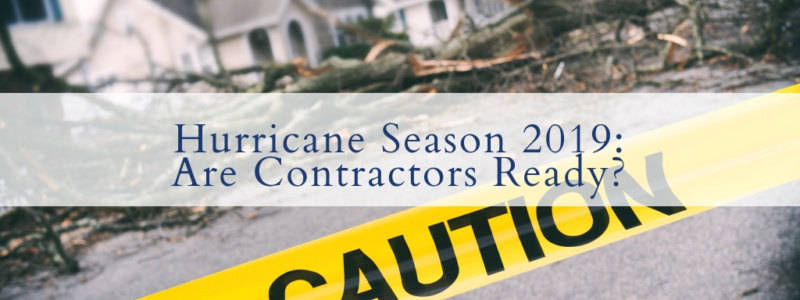Establishing trust between multiple parties is an important goal for achieving success in any project or business dealing. Surety bonds in Florida, broadly speaking, are a solution to the age-old dilemma of not knowing whether or not the people you are interacting with are indeed trust-worthy professionals operating in good faith. Purchasing a surety bond allows a company to project confidence and trustworthiness to its clients by demonstrating a legal commitment to financial responsibility and ethical business practices. Across all fifty states, including Florida, surety bonds are required to guarantee compliance with licensing and permitting laws across a wide variety of industries.
A surety bond is a legally-binding, mutual contract between three parties that helps to guarantee that specific tasks will be completed to the full expectations set forth within the agreement. It ensures that the parties will abide by the law from the initiation of the contract to its completion. The arrangement involves the following three parties:
- The principal, which is typically the business or contractor that will be performing the work. This is the purchaser of the surety bond.
- The obligee, who is the entity—usually the owner (or general contractor if a subcontractor obtains bond)—requiring the bond and to whom the bond would be paid in the event that the principal fails to deliver on the conditions of the contract.
- The surety, which is the insurance company backing the bond in the event of a claim by the obligee. If the principal fails to deliver on its end, the surety may be obligated to find another contractor to complete the contract, provide financial assistance to their principal, or reimburse the obligee for the financial loss incurred. The surety will then likely seek reparations from the principal.
In Florida, surety bonds come in two main types: 1) contract surety, which is commonly used in the construction industry and 2) commercial surety, which is geared more towards satisfying the security requirements of public entities and governments. Our primary focus is on contract surety in respect to construction.
Within the construction industry, there are four types of surety bonds:
- Bid bonds, which guarantee that a contractor will enter into a contract AND provide the required Performance & Payment Bonds if awarded the bid for a project.
- Performance bonds, which guarantee that the work will be completed on time and to the required standards set forth by the contract/specifications and by any other applicable laws.
- Payment bonds, which provide financial protection to any subcontractors/suppliers assisting the principal with services or materials necessary for the completion of the job.
- Maintenance bonds, which protect from losses arising from faulty construction materials or defective workmanship. They also guarantee that the principal will provide maintenance on the completed project for the duration of time specified by the contract.
Surety bonds are a cost-effective solution to establishing an appropriate level of trust and legal requisites in the fulfillment of a contract obligation. It allows for the parties involved to feel more confident in the arrangement by making clear what are each party’s responsibilities. This prioritizes professionalism and integrity on the part of the principal and ultimately helps build their business by winning more bids and establishing new business relationships. Meanwhile, the surety collects a small premium for assuming the financial risk and the obligee can breathe easy, knowing they’re protected from major losses.
For more information on surety bonds for your business, call the experts at Alter Surety Group at (305) 517-3803.


